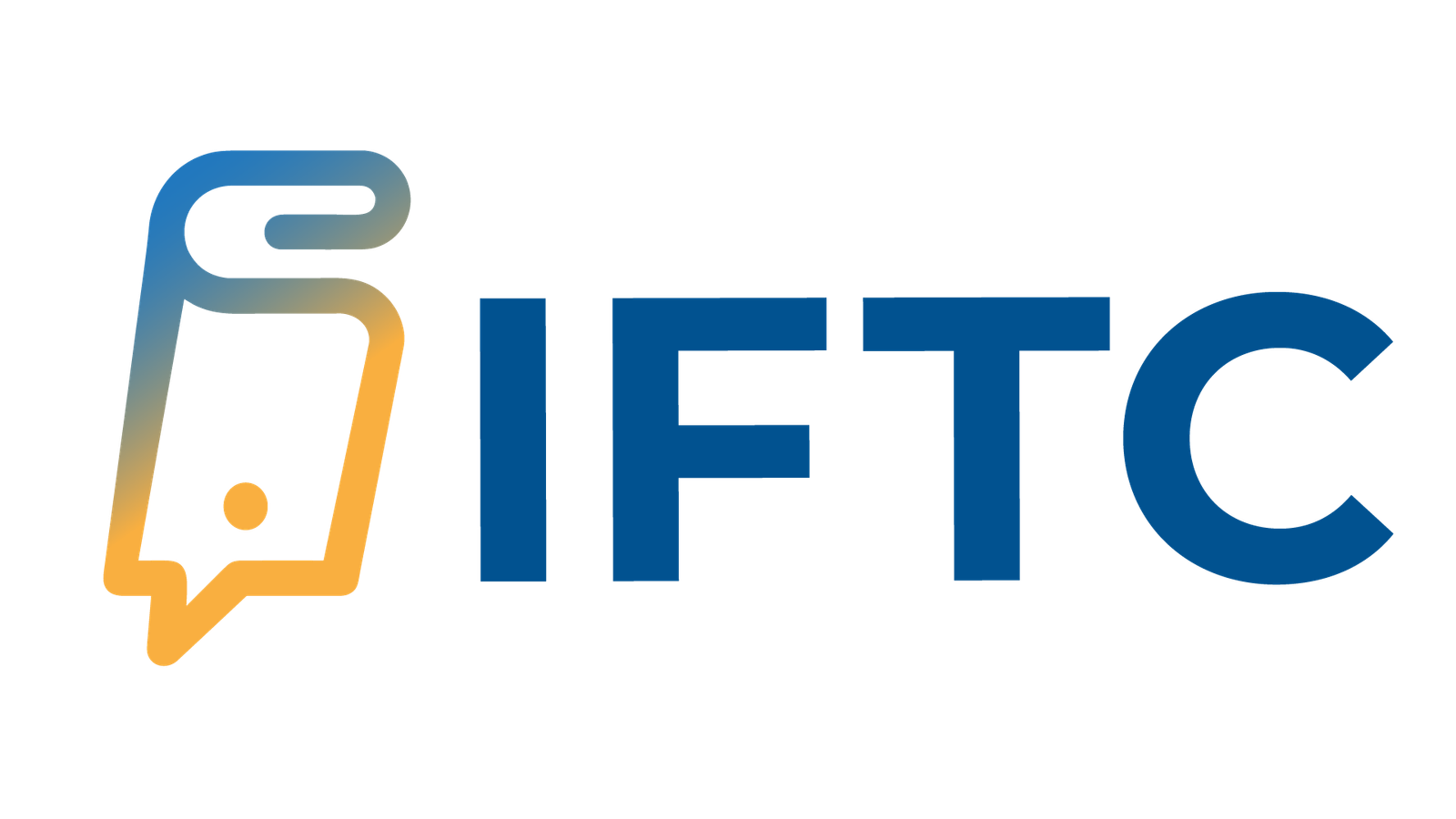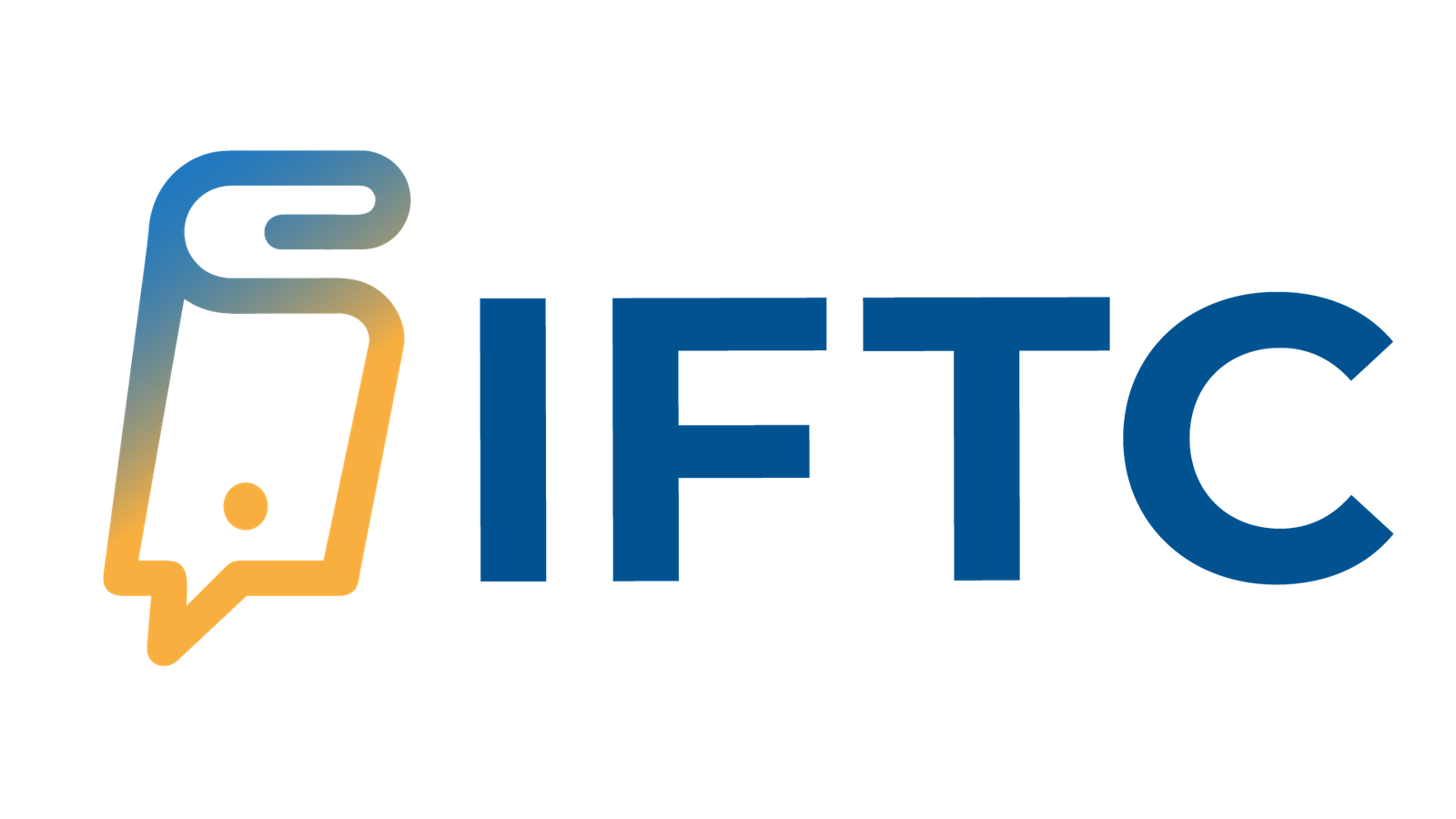
Micro-Credentials and the Future of Business Education: Is the MBA Enough?
Education
Micro-Credentials and the Future of Business Education: Is the MBA Enough?
For over a century, the Master of Business Administration (MBA) has been the gold standard in business education. Holding an MBA was synonymous with leadership readiness, strategic thinking, and career acceleration. But in 2025, a new model is rapidly gaining momentum—micro-credentials.
From Google certificates to Ivy League online badges, bite-sized learning is challenging traditional degrees, including the MBA. With the business world evolving at breakneck speed, professionals and employers alike are asking: Is the MBA still enough? Or is it time to rethink how we learn and prove our skills?
What Are Micro-Credentials?
Micro-credentials are short, focused learning experiences that help professionals develop specific skills or competencies. Unlike full degrees, which take 1–2 years to complete, micro-credentials can often be earned in weeks or even days and typically focus on practical, real-world applications.
Types of micro-credentials include:
- Professional certificates (e.g., Digital Marketing, Agile Management)
- Digital badges for completed training modules
- Online nanodegrees or specializations (via Coursera, edX, LinkedIn Learning, etc.)
- Industry-issued certifications (e.g., PMP, CFA, Google Analytics)
They are stackable, targeted, and often more affordable—making them highly attractive for working professionals and lifelong learners.
Why Are Micro-Credentials Booming in Business Education?
- Pace of Change in the Workplace
Technology, AI, sustainability, and digital transformation are reshaping job roles faster than academic programs can adapt. Employers need talent that’s ready now—not in two years.
- Work-Integrated Learning
Micro-credentials are typically project-based, meaning learners gain immediately applicable skills. An employee can learn about AI in business this week and implement a chatbot solution next week.
- Flexibility and Accessibility
Online delivery allows learners to balance studies with full-time work and family responsibilities. Many programs are asynchronous and modular.
- Employer Recognition
Major firms like IBM, Google, PwC, and Amazon now accept and even sponsor micro-credentials. In many industries, skills now outweigh degrees.
The Value of the MBA—Still Relevant?
While micro-credentials are on the rise, the MBA still holds significant value, especially when it comes to:
- Strategic thinking and systems-level understanding
- Networking with peers, alumni, and industry mentors
- Leadership development through experiential learning
- Prestige and access to global career opportunities
However, many experts believe that the MBA of the future will be augmented by micro-credentials, forming a more dynamic, customizable, and lifelong learning journey.
Leadership Styles That Resonate with Gen Z
Leading universities and business schools are already adapting:
- Offering micro-MBA tracks where students build credentials that can later stack into full degrees.
- Creating flexible programs that combine core MBA content with elective certifications in areas like AI, ESG, or entrepreneurship.
- Integrating real-world consultancy projects and industry collaborations for applied learning.
This new model allows learners to personalize their education path and stay continuously relevant in fast-changing industries.
Top Micro-Credential Focus Areas in 2025
According to industry trend reports, these are the most in-demand business-focused micro-credentials:
- AI and Machine Learning in Business
- Digital Transformation and Agile Strategy
- Sustainability and ESG Leadership
- Data Analytics for Decision-Making
- Innovation and Design Thinking
- Remote Team Management & Hybrid Leadership
These aren’t just “nice to have” skills—they’re now essential for managers, consultants, entrepreneurs, and even entry-level professionals.
How Employers View Micro-Credentials
Modern employers, particularly in tech-driven and startup ecosystems, value proof of skills over prestige. What matters most is:
- Can you solve problems?
- Do you understand new tools?
- Can you work cross-functionally?
- Are you continuously learning?
Many HR systems are now equipped to scan for micro-credentials on LinkedIn profiles and resumes, and some even weigh them equally or higher than academic grades.
The Role of Business Academies in the Credentialing Revolution
Forward-thinking postgraduate institutions are responding by:
- Partnering with platforms like Coursera, Udemy, and edX.
- Embedding credentialed modules within traditional programs.
- Offering executive education bundles tailored to industries and job roles.
- Providing career services that help graduates
The goal is no longer to deliver “a degree and goodbye,” but to create learning ecosystems that support alumni throughout their careers.
Learner-Centric, Future-Proof Education
Micro-credentials empower learners to:
- Focus on what they need, when they need it.
- Advance without taking long career breaks.
- Build a portfolio of proven capabilities, not just transcripts.
This marks a shift from education as a one-time event to learning as a continuous habit—and business schools must evolve to meet this demand.
Conclusion: MBA vs. Micro-Credentials? It’s Not Either/Or—It’s Both
In a rapidly changing business world, credentials must evolve as quickly as the challenges we face. The question isn’t whether micro-credentials will replace the MBA—it’s how they’ll complement and enhance it.
The future belongs to professionals who can learn, unlearn, and relearn—those who see education not as a ladder, but as a toolbox.
So, is the MBA enough?
Not on its own. But with the right micro-credentials, it becomes a powerhouse.



